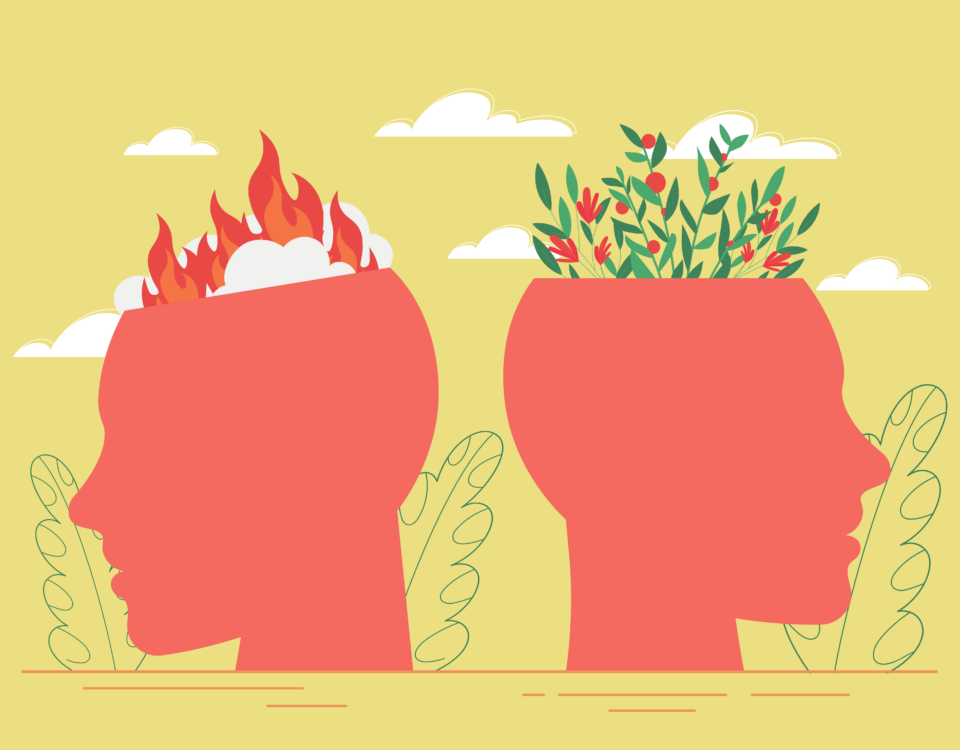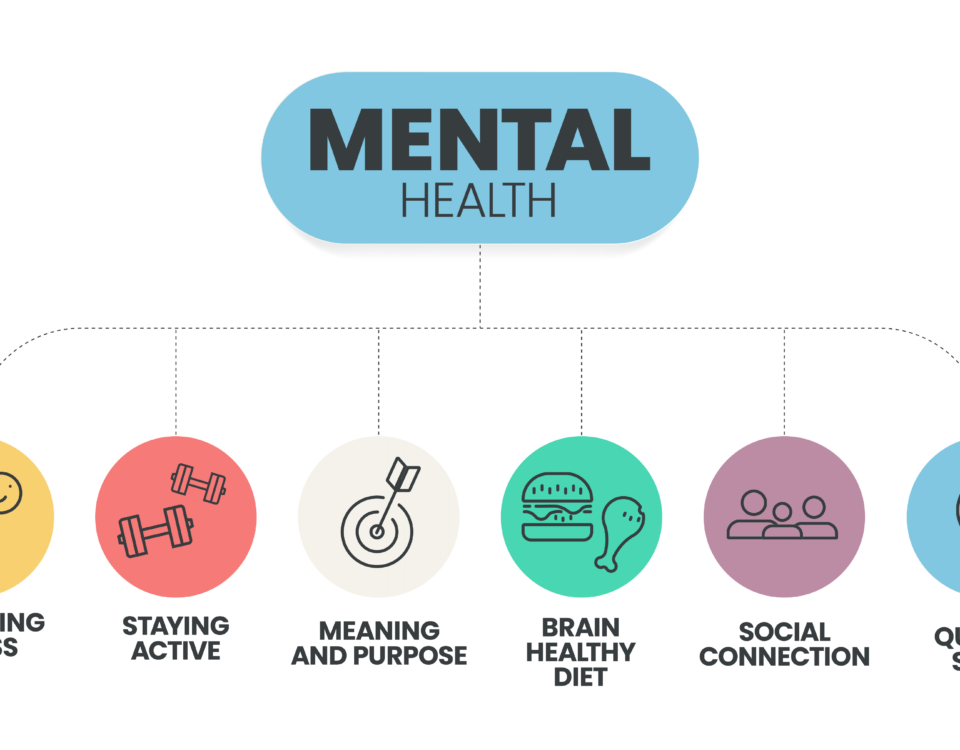The coronavirus has affected families around the globe.
The stress and anxiety resulting from this pandemic may have been addiction triggers for individuals recovering from substance abuse. There are several common COVID-19 addiction triggers that have caused people to relapse to cope. As a Delaware rehab center, we know the dangers of addiction and how easy it can be for people who have been sober for years to fall back into substance abuse. It’s important for recovering addicts to look out for these COVID-19 triggers and find new ways to manage the stress of this pandemic.
Coronavirus Addiction Relapse Triggers
There are several common COVID-19 addiction triggers that have caused people to fall back into their old habits. No matter how long you’ve been sober, there may always be certain people, situations, or emotions that can trigger an addiction craving. By being aware of what some of these COVID-19 addiction triggers are, you can be better prepared for these situations if and when they occur.
Loneliness
Loneliness is a generally common addiction trigger. Especially during the period of lockdown, the inability to visit or spend time with anyone was difficult for many people. People in recovery may especially rely on others for support and distraction, both of which are hindered as a result of COVID-19. This sense of loneliness can make recovering addicts feel like they must use again to feel better; staying in contact with loved ones can help prevent this from happening.
Anxiety
Anxiety is also a common COVID-19 addiction trigger. The fear of contracting the virus or giving it to someone else can induce anxiety in anyone, especially in people already managing their sobriety. Recovering addicts may turn to their old habits to temporarily cope with the fear they’re experiencing.
People who are battling with substance abuse can begin their recovery treatment with our medically-monitored detox program at Banyan Delaware. Our staff of trained professionals strives to help our patients get through withdrawal symptoms safely.
Boredom
Boredom is a feeling known to drive people toward things they wouldn’t normally do. This also applies to recovering addicts and people with substance abuse problems. As a result of the coronavirus, people have had to remain at home and away from others, which could definitely get boring. Not having the diversity of a school or workday can be daunting. Boredom may allow your thoughts to stray to your past substance abuse. It’s important to stay focused and stay busy with positive things during these moments.
Losing Your Job
Many people have been fired or furloughed because of the financial impact of the pandemic. One of the most common COVID-19 addiction triggers is the stress and frustration that results from the inability to pay the bills. Issues with finances can entice the individual to use drugs or drink to deal with their negative emotions. Instead, be on the hunt for more job opportunities and stay focused on the things you have control over.
Sick Loved One
The idea of a loved one contracting the coronavirus can be terrifying. Witnessing a friend or family member sick with the virus can be stressful and may trigger addiction cravings. But it’s important to remember that using drugs or drinking are temporary fixes that will only cause more problems. The best way for individuals to avoid caving to COVID-19 addiction triggers is to stay aware and stay safe. Stay in contact with others and keep yourself focused on positive things.
Getting into treatment is easy with our free insurance verification
"*" indicates required fields








